Charles as King: What kind of monarch will he be?
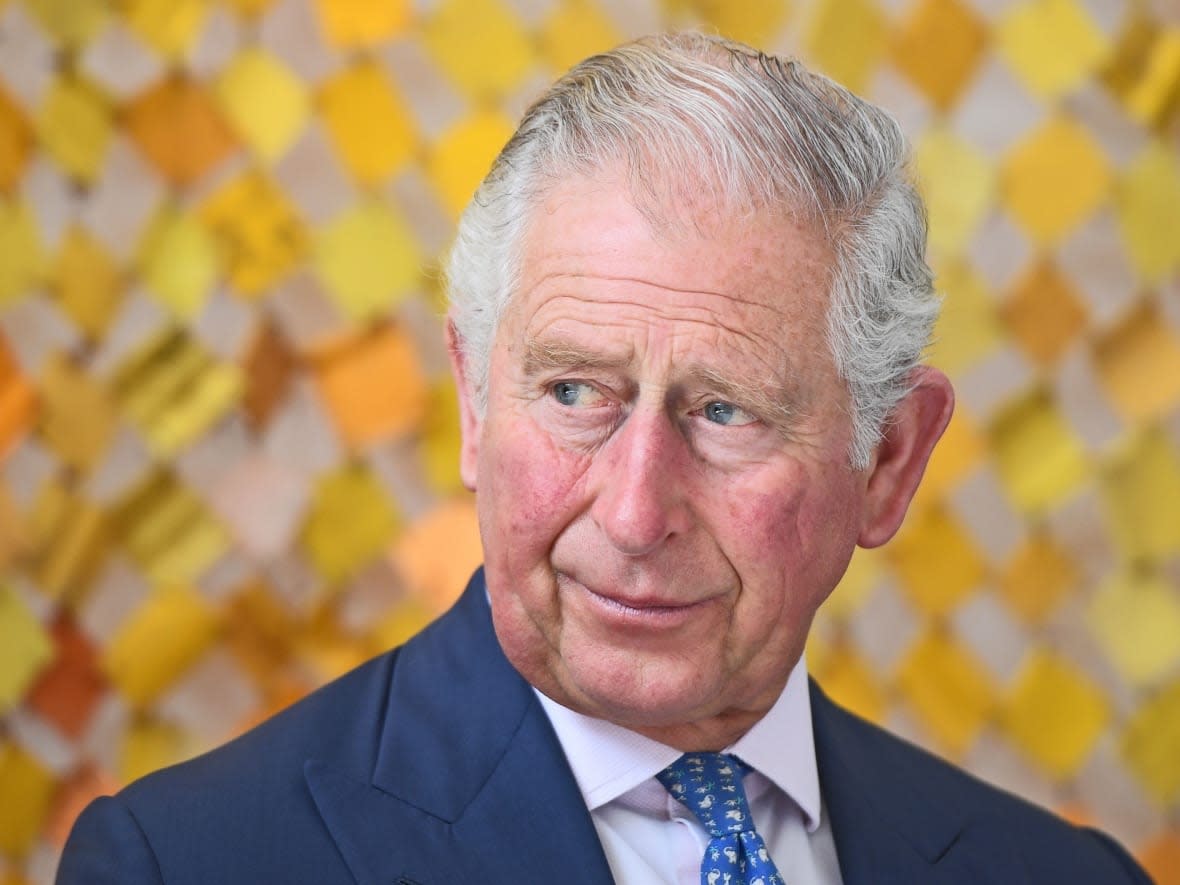
It was a question that haunted the new King for decades: Just what kind of monarch would Charles be?
It's a tricky question, getting to the fundamental role of the one who wears the crown. To what extent could — or should — that individual share opinions? What about involvement in affairs of state? Or politics?
That has been a perpetual worry with Charles, whose activism as Prince of Wales in areas as diverse as architecture, organic farming and global warming has been seen by some as ahead of its time, but also left many wondering how he would reign.
And it differed sharply from the way his mother, Queen Elizabeth, fulfilled the role, with a deep devotion to duty but little public indication of her views or involvement in political affairs of state.
Such worries were not lost on the new King.
WATCH | What the world can expect from King Charles:
As he turned 70 in 2018, Charles addressed the issue head on, telling the BBC he understood he would have to act differently once he became King.
"I'm not that stupid," he said when asked if his public campaigning would continue after he succeeds his mother. "I do realize that it is a separate exercise being sovereign, so of course I understand entirely how that should operate."
Longest-serving heir
The 1701 Act of Settlement established the succession for the throne. Charles became King the moment his mother died Thursday at the age of 96. His coronation is likely to be months down the road.
Given his mother's longevity, Charles was the longest-waiting heir to the throne in British history.
"Not once, however, has Prince Charles ever complained about the wait — nor even hinted at the frustrations of being perpetually second in line," author John Fraser wrote in The Secret of the Crown: Canada's Affair with Royalty.
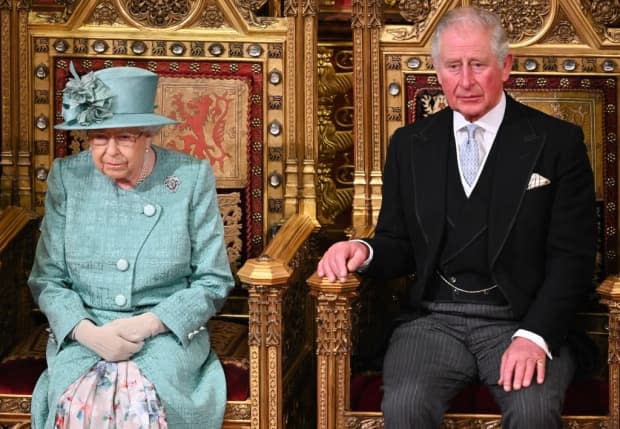
But it was in that role that he always considered he would have his greatest influence. He's been heir to the throne for more than 70 years. His time as King won't be nearly as long.
"He's always known that his impact on Canadian society, on British society, on Australian society is not going to be as King. It's going to be as Prince of Wales," Matthew Rowe, manager of operations and partnership for his charitable efforts in Canada, said ahead of Charles's visit to the country in 2014.
"So it's through this charitable work that he's really building his legacy to bequeath to his citizens."
Charles's charitable works had their beginnings in 1976, when he used his severance pay of 7,400 pounds from the Royal Navy to establish the Prince's Trust.
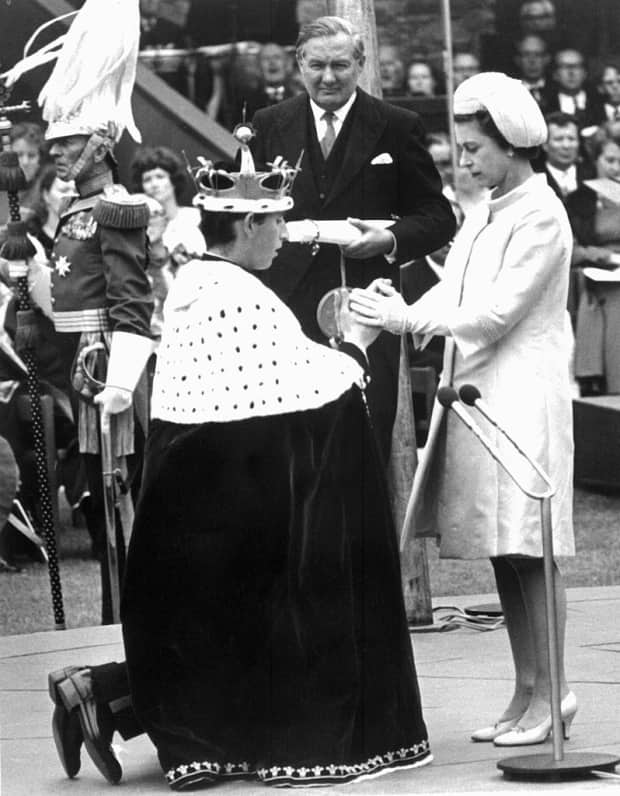
A broad swath of charitable efforts
It's considered that the trust has helped more than 800,000 young people find work and learn skills. Actor Idris Elba, for one, got his start with a $2,000 grant to go to acting school.
Charles's charitable efforts have cut a broad swath. In Canada alone, those receiving support have ranged from disadvantaged young people and sheep farmers to soldiers trying to find a way forward after their military service is concluded.
Once he's King, there won't be such a focus on those charitable efforts, and there were suggestions in recent years that Charles was scaling back involvement in the area as he gradually assumed more and more duties on behalf of his mother.
While her death represents the stark transition between reigns, there has been a gradual shift for the past several years.
Charles travelled on her behalf after she gave up long-haul travel, and took her place on more and more high-profile occasions, including when he read the Queen's speech to open the British Parliament in May 2022.
WATCH | Prince Charles opens U.K. Parliament after Queen unable to attend:
In 2018, leaders of Commonwealth countries had also approved him to succeed Elizabeth as head of the organization.
A decade before, he'd sent another signal about how he might like to fulfil the role as King, suggesting he would become "Defender of Faith" at his coronation, rather than "Defender of the Faith," recognizing the multicultural nature of the country and Commonwealth that he will reign over.
Other worries from some quarters in recent years revolved around whether Charles will meddle in the affairs of state or get more deeply involved in politics than his mother ever did.
"We've had this situation with the Queen being the longest-reigning monarch in history, being very careful about never speaking about politics," Camilla Tominey, a royal commentator for the Daily Telegraph newspaper, said in an interview.
"But then we've had her son and successor, Prince Charles, being a little more politically motivated. We've seen him talk about architecture, climate change, sustainable development and other issues."
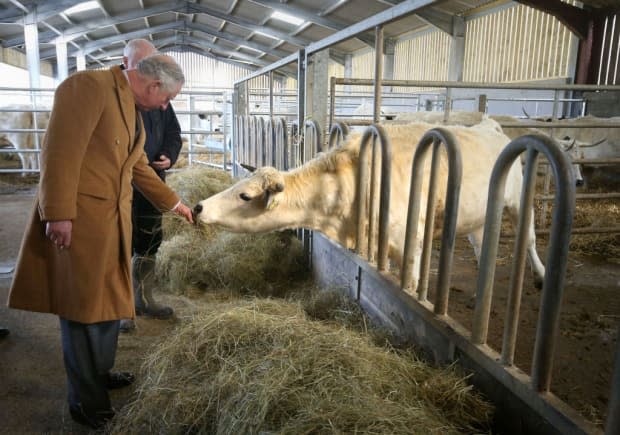
Wading into political affairs?
Charles was the focus of numerous headlines a few years ago when it emerged that he had reportedly likened Russian President Vladimir Putin to Adolf Hitler during a private conversation in Halifax.
At the time, one headline suggested the remarks risked "triggering international scandal."
But is a monarch forbidden from wading into political affairs or offering up such views?
"The Queen's predecessors were more open about their views, and at times Charles seems to follow in that tradition rather than the Queen's approach," Carolyn Harris, a Toronto-based royal historian and author, said at the time.
Given the passage of time, the Queen's approach had come to be thought of as the way a monarch deals with government.
But it wasn't always the case.
"Queen Victoria in her correspondence was quite open about her political views," Harris has said. "There were certain prime ministers she liked and certain prime ministers she disliked."
Charles found himself the focus of more controversy a few years ago after writing letters — the "black spider memos," so named for his distinct handwriting — to government ministers on issues ranging from military readiness and badger-culling to fish protection and preservation of historic buildings.
WATCH | In 1991 visit to Ontario, Charles advocated for green business:
Defending his actions
Some viewed that as him learning how government works and something that might make sense for a future monarch, Harris said, while others thought it suggested he might try to interfere politically as King.
But Charles himself has defended his actions. In that interview with the BBC at the time of his 70th birthday, he said he had always tried to steer clear of party politics, wondering if in fact his interventions could really be considered "meddling."
"If it's meddling to worry about the inner cities as I did 40 years ago … if that's meddling, I'm very proud of it," he said.
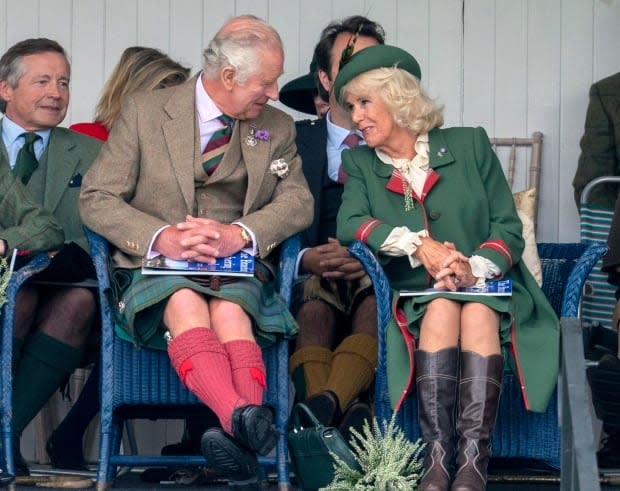
In the same BBC documentary, his wife, Camilla, the Duchess of Cornwall, said Charles is driven by a need to help others.
"He's pretty impatient. He wants things done by yesterday, as I think everybody who works for him will tell you. But that's how he gets things done. He's driven by this, this passion inside him to really help," she said.
"He would like to save the world."


